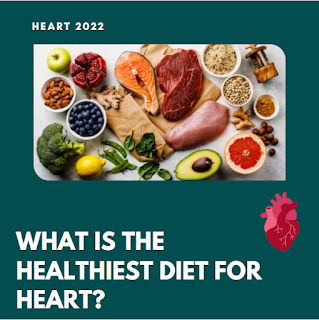Can we prevent heart disease?

People may prevent 90% of the approximately 18 million occurrences of heart disease by adopting a healthy diet, exercising frequently, and quitting smoking. Everyone may prevent heart disease anywhere in the globe, especially by eating meals low in sodium and cholesterol, exercising frequently, and quitting smoking. Heart disease is 90% curable. Thanks to remarkable medical advancements, heart disease can be prevented and treated even in people with a family history of the condition. Patients should get their cholesterol checked at least every five years and more often if risk factors exist. Additionally, their blood glucose levels should be examined to determine whether they are at risk for diabetes , which can also be a risk factor for heart disease, and their body mass index should be assessed to determine whether they have a healthy body weight. Patients should get their cholesterol checked at least every five years and more often if risk factors exist. Additionally, their bloo...





